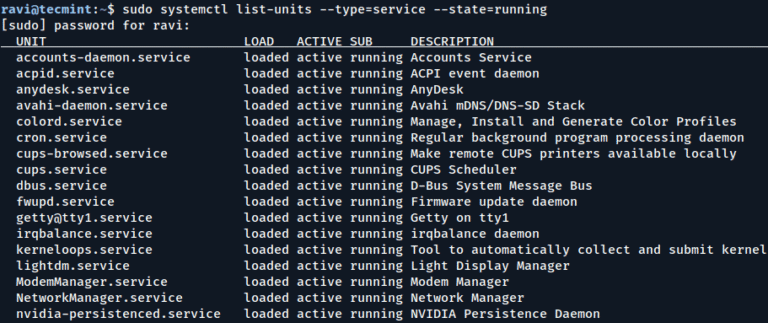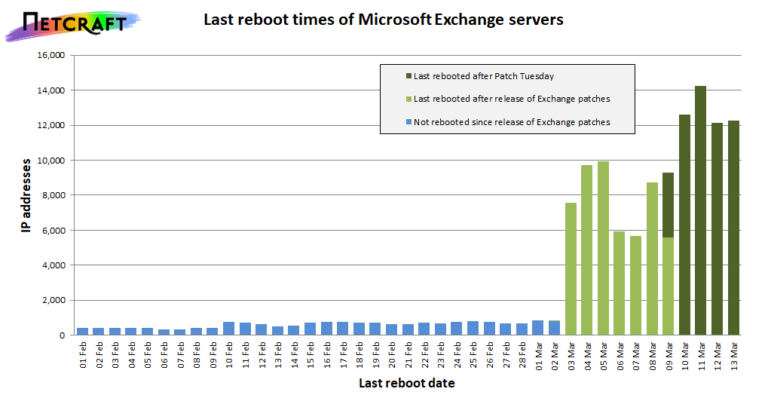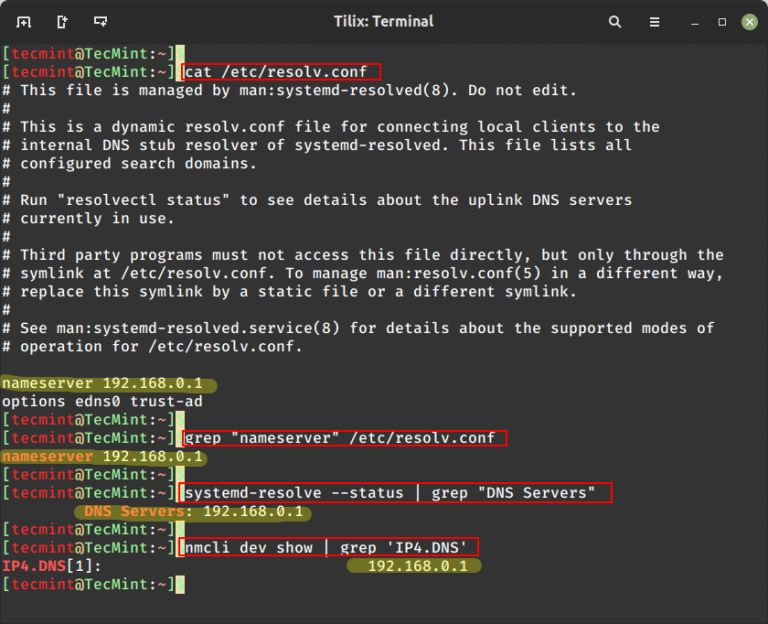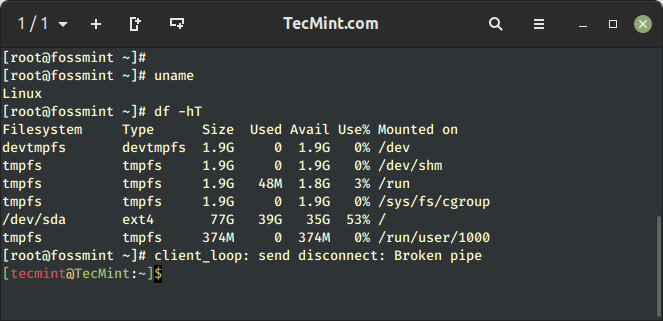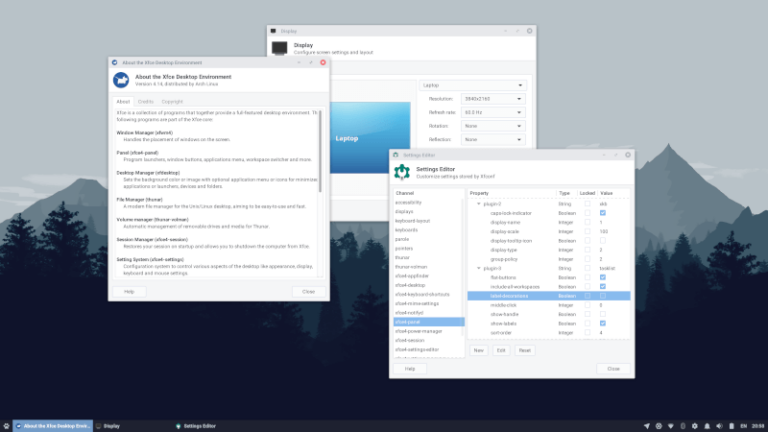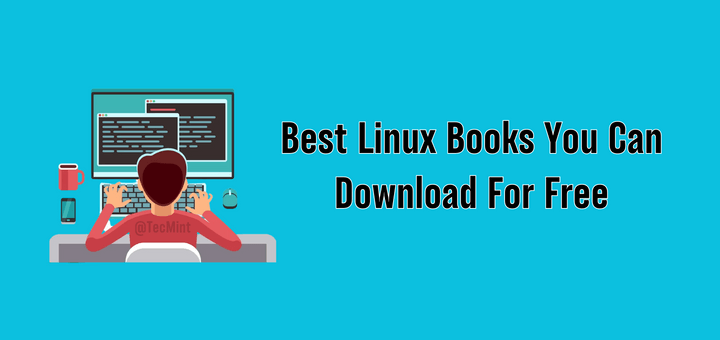
If you’re aiming to elevate your Linux learning process to an advanced administrative and expert level, we have meticulously curated a collection of 10 exceptional Free Linux eBooks.
These invaluable resources are designed to empower you in constructing an exceptionally robust foundation for your Linux skills. With these ebooks at your fingertips, you can confidently embark on a journey of profound Linux mastery.
1. The Ultimate Linux Newbie Guide
The Ultimate Linux Newbie Guide eBook is a valuable resource for novices in Linux and those aspiring to be system administrators.
It covers everything a beginner needs to know: from the history of UNIX and Linux, choosing a Linux distribution, to basic Linux commands, sysadmin commands, and monitoring and analyzing metrics such as CPU, RAM, and running processes.
The eBook was last updated in 2017 and is written by Alistair McDonald, a holder of BSC (Hons) in Computing and other certifications from Linux vendors, including Red Hat.
2. The Linux Command Line
Written by William Shots, The Linux Command Line eBook is a 555-page volume that is tailored for complete newbies and users who aspire to have a deeper understanding of Linux.
It covers basic concepts such as terminal emulators, types of shells, files, and directory manipulation to advanced topics such as package management, regular expressions, shell scripting, and text processing.
This is a must-have for Linux enthusiasts and beginners looking to sharpen their Linux skills.
3. GNU/Linux Command−Line Tools
As the name infers, the GNU/Linux Command−Line Tools eBook provides an in-depth reference guide for common Linux commands used on the command line interface.
It’s a perfect resource for seasoned Linux users who want to refine their skills or beginners getting started with Linux.
4. Introduction to Linux
This free eBook “Introduction to Linux” is an ideal place to start for learners trying to wrap their heads around Linux. It starts with the history of UNIX and Linux, then explores the differences between the Graphical User Interface (GUI) and Command-Line Interface (CLI).
It also covers other Linux topics such as working with files and directories, installing and removing software, managing processes, text editors, printers and printing, and basic networking to mention a few.
5. Linux Fundamentals
Written for newbies in Linux, the ‘Linux Fundamentals‘ course is a manual that introduces beginners to the world of Linux and covers all the essential topics that a learner needs to know. It is authored by Paul Cobbaut.
The only disclaimer is that the manual is a bit old, and uses older Linux flavors such as Debian 8 and CentOS 7 which have been deprecated. Aside from the installation, other topics such as Linux commands and shell scripting still remain relevant to date.
6. Linux Networking
Also authored by Paul Cobbaut, the ‘Linux Networking‘ eBook covers fundamental networking basics such as Network layers, IP addresses, DHCP vs Static IP assignment, DNS, NFS, routing, Firewall configuration, and networking services such as SSH, Samba, and many more.
7. GNU/Linux Advanced Linux Administration
The ‘GNU/Linux Advanced Linux Administration‘ eBook is an advanced Linux reference book that focuses on advanced Linux concepts, which begin with shell scripting and package management.
It also touches on configuring and updating the Linux kernel and kernel modules, network administration, data administration, server administration, security administration, and clustering.
This is an ideal manual for intermediate users looking to advance and polish their server administration skills.
8. Linux Shell Scripting Cookbook
This ‘Linux Shell Scripting Cookbook‘ will walk you through simple Linux commands to automate complex tasks. It starts off with shell basics, then delves into simple commands for manipulating files and directories.
From there you learn about system and network monitoring, examining applications, and using Git version control. Finally, you will learn how to set up virtual machines and containers.
9. Bash Reference Manual from GNU
This ‘Bash Reference Manual‘ ebook is an ideal reference for newbies looking to get started with bash scripting and Linux.
It includes a detailed description of BASH syntax, and commands, as well as the semantics of all major features such as pipes and redirections, I/O redirection, variables, job control, command-line editing, etc.
10. Advanced Bash Shell Scripting Guide
The ‘Advanced Bash Scripting Guide’ eBook is tailored for programmers or users already familiar with bash scripting and who would like to refine their bash programming skills.
It provides a comprehensive course that covers topics such as variables, loops and branches, regular expressions, I/O redirection, and many more.
Conclusion
That was a collection of some of the best freely available eBooks that you can download and use to familiarize yourself with the Linux operating system. Keep in mind that a good number of these books are a bit old and some information may be obsolete.
Nonetheless, the shell commands remain unchanged and therefore will provide much assistance in your learning journey.
